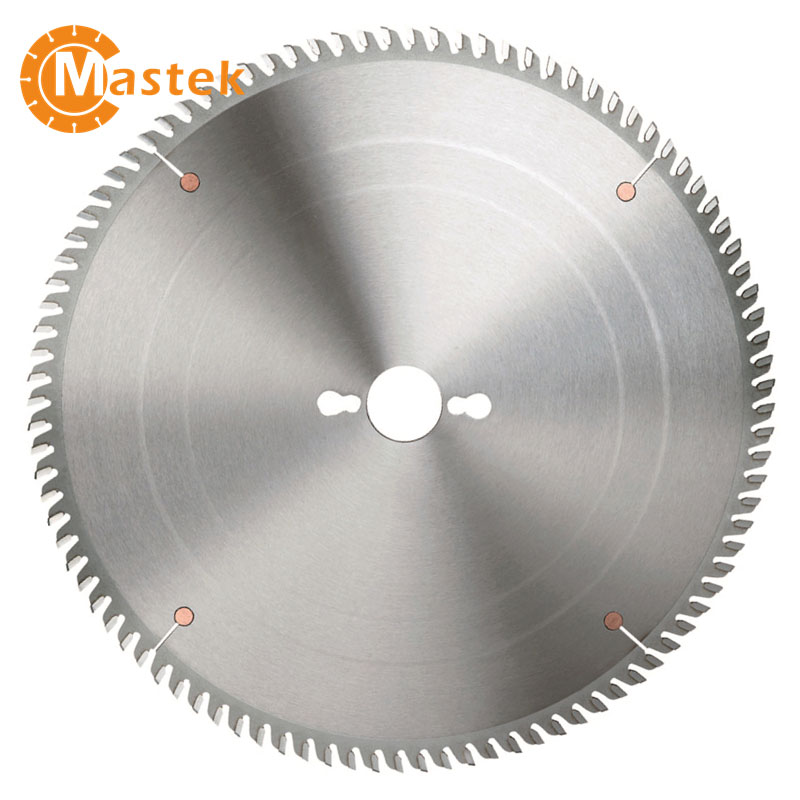How do I choose the right circular saw blade for my project?
When it comes to woodworking or DIY projects that involve cutting materials, a circular saw is an essential tool. However, to ensure clean and precise cuts, selecting the right circular saw blade is equally important. With a wide variety of options available, it can be overwhelming to determine which blade is best suited for your specific project. This article aims to provide you with a comprehensive guide on how to choose the right circular saw blade for your needs.
Consider the Material
The first and foremost factor to consider is the material you intend to cut. Circular saw blades are designed to handle different materials, including wood, metal, plastic, and even masonry. Using the wrong blade for a particular material can result in inefficient cutting, damaged blades, and potential safety hazards. Therefore, identify the type of material you'll be working with and choose a blade specifically designed for it.
Tooth Count and Configuration
The number of teeth on a circular saw blade plays a crucial role in the cutting process. Blades with more teeth provide smoother cuts but tend to be slower, while blades with fewer teeth cut faster but may leave rougher edges. For general-purpose cutting in wood, blades with around 24 to 40 teeth are commonly used. On the other hand, materials like plywood and laminates require blades with higher tooth counts (around 60 to 80) for cleaner cuts.
Additionally, consider the tooth configuration, which can vary between blades. Alternating top bevel (ATB) blades are versatile and suitable for crosscuts and rip cuts in various materials. Triple-chip grind (TCG) blades, with a combination of flat and beveled teeth, are ideal for cutting materials like laminate and non-ferrous metals. Understanding the tooth count and configuration will help you achieve the desired results.
Blade Diameter and Arbor Size
Circular saw blades come in various diameters, and selecting the appropriate size is essential for both performance and safety. The blade diameter determines the depth of cut, so ensure that the chosen blade can cut through the material at the required depth. Common blade diameters range from 6 ½ inches to 10 ¼ inches.
Another crucial consideration is the arbor size, which should match the arbor size of your circular saw. The arbor is the center hole of the blade that attaches to the saw's spindle. It's important to choose a blade with the correct arbor size to ensure a secure fit and prevent accidents or damage to the saw.
Specialty Blades
In addition to general-purpose blades, there are specialty blades designed for specific applications. These include blades for cutting plywood, melamine, laminate, metal, and masonry. Specialty blades have unique features and tooth designs tailored to optimize performance and deliver superior results in specific materials. If you frequently work with a particular material, investing in a specialty blade can greatly enhance your cutting efficiency and accuracy.
Safety Precautions
While choosing the right circular saw blade is crucial, it's equally important to prioritize safety. Always follow the manufacturer's guidelines and wear appropriate personal protective equipment, such as safety glasses and gloves, when operating a circular saw. Additionally, ensure that the blade is properly installed and securely tightened before use.
Conclusion
Selecting the right circular saw blade for your project is essential for achieving clean, precise cuts and ensuring your safety. Consider the material you'll be cutting, the tooth count and configuration, the blade diameter and arbor size, as well as any specialty blades required. By taking these factors into account, you can confidently choose the ideal circular saw blade that will deliver exceptional results in your woodworking or DIY endeavors. Remember to prioritize safety and follow best practices to make the most out of your circular saw and blade combination.
181
0
0



Comments
All Comments (0)